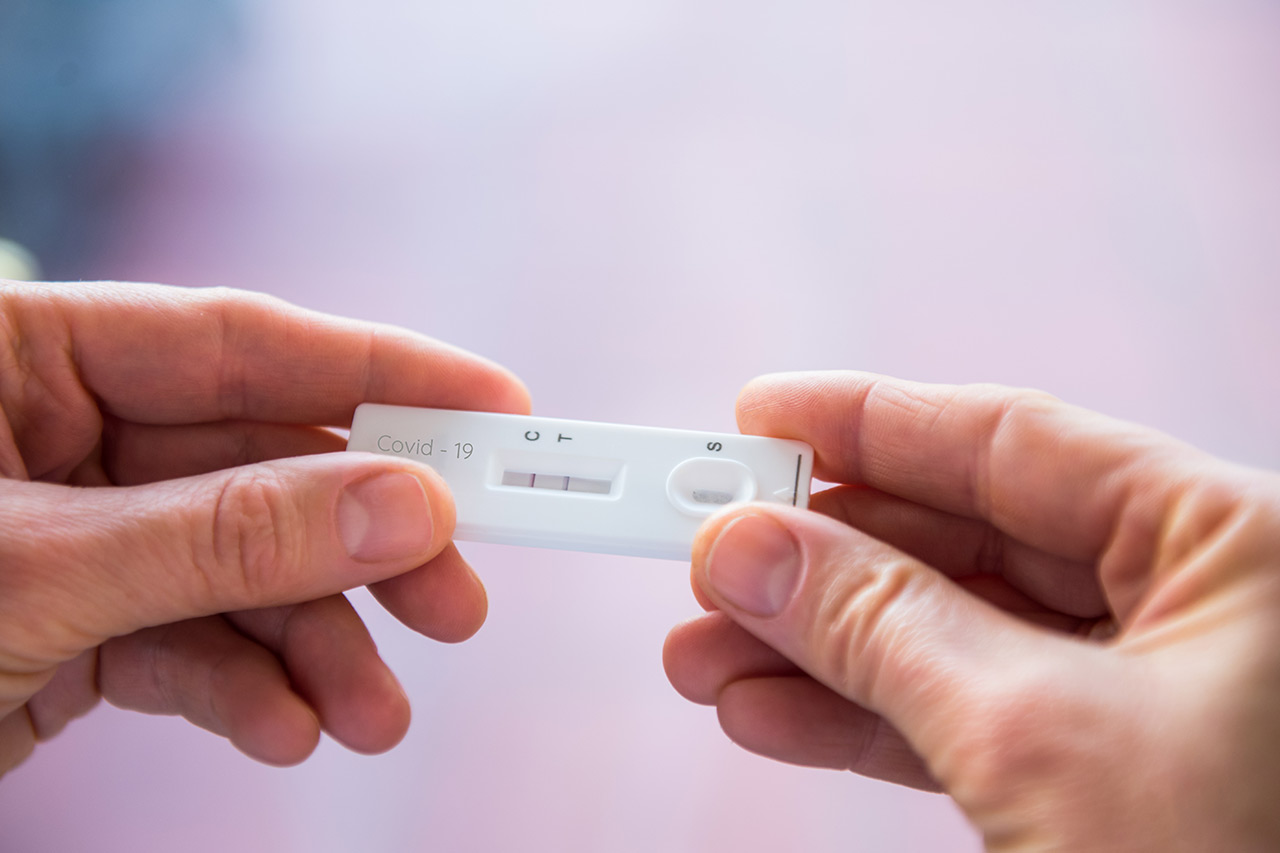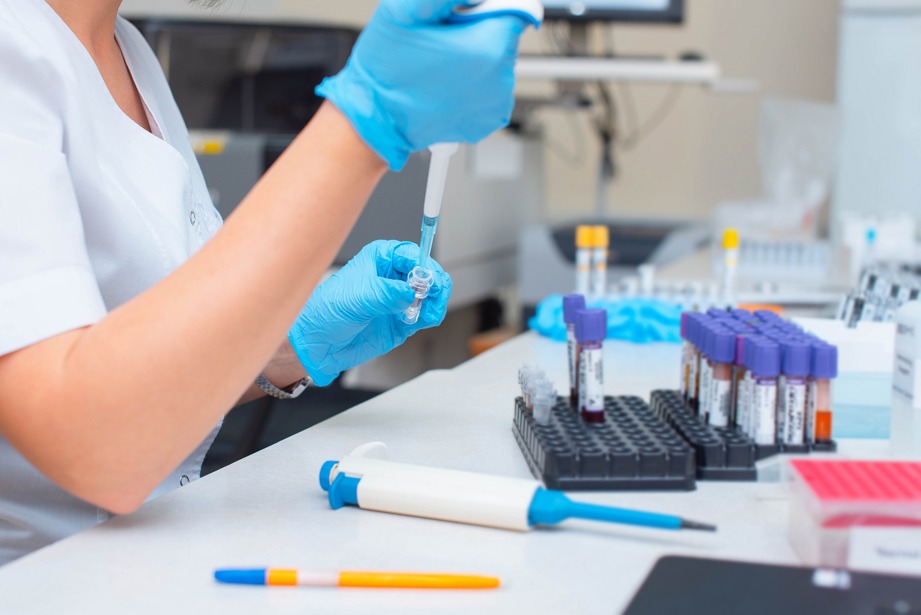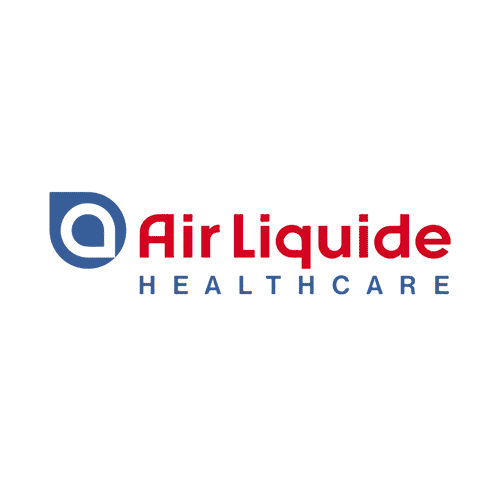
Point of Care Tests (POCT)

Develop new diagnostic solutions and explore your markets with our team
Our specialized team supports healthcare players in their innovation projects related to the Point Of Care Testing market, helping them understand this rapidly growing sector, define their positioning, and launch their POCT solutions.
They trust us


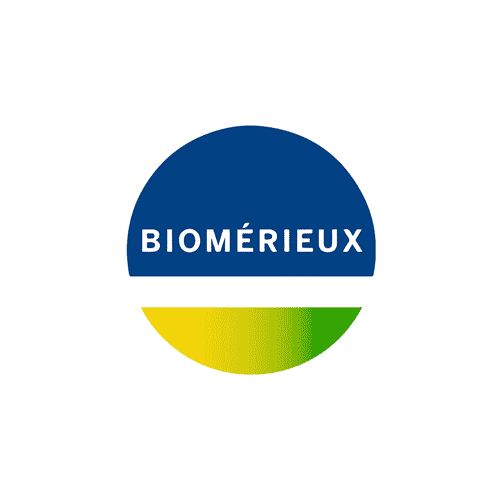


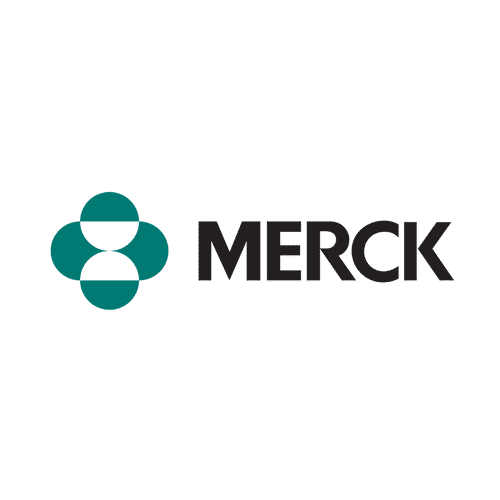

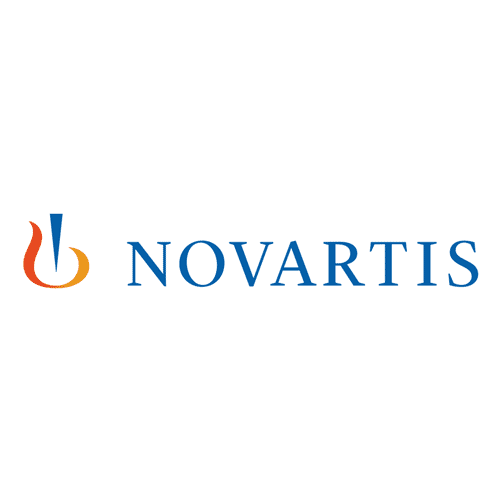

The challenges related to Point of Care Tests
The POCT market is booming. Indeed, according to a study by Data Bridge Market Research, it will experience annual growth of 9.3% until 2028, and should reach 49.8 billion dollars during this period.
This boom is explained by the many advantages and benefits that POCTs bring. A real revolution in diagnostic and follow-up medicine, POCTs allow, among other things:
- Improvement of patient well-being
- Acceleration of time to result (usually), which can lead to improved patient care
- A reduction of health system costs
And in terms of medical fields, for example:
- Reducing antibiotic resistance by early identification of bacterial pathology
- Reducing cardiovascular disease through prevention
- Controlling the spread of infectious diseases
A significant development of POCTs has also been observed during the COVID-19 pandemic, with rapid antigen tests improving the time to obtain results compared to conventional tests and allowing a massive and generalized deployment of testing after saturation of laboratories. The reduction in time to obtain results has also made it possible to control intra-hospital transmissions, highlighting the importance of this technology in controlling the spread of disease.
POCT is developing rapidly in many directions, but four major trends will shape the market for the next few decades:
- The development of smarter connected devices and mobile phone diagnostics
- Improvement of device accuracy, reliability and cost-effectiveness
- Miniaturization and multiplexing of POCT devices
- The development of molecular POCT for the diagnosis of infectious diseases and the prevention of sepsis
Although it is a growing market, many challenges still need to be addressed to enable the development of POCT:
Some devices will be used directly at home, therefore requiring simplified use, while providing reliable and easy-to-interpret results.
What technologies can be leveraged to deliver accurate results in minutes, with ease of use and affordability? Should we favor single-use devices or a multifunction device, for example connected to a smartphone? What are the market’s expectations regarding technological developments?
Making POCT affordable is part of WHO recommendations, without, however, confusing the cost-effectiveness ratio. The more the device is available, the greater its use will be. Reducing costs would also help detect and contain infectious diseases, as was the case during the Covid-19 epidemic.
What are the means to be implemented that can reduce costs? How to defend the value of this market?
Making certain POCT devices connected would allow health providers to have remote control of certain pathologies, allowing patients in particular to reduce visits to the hospital or clinic.
How can POCT devices be improved to enable healthcare providers to track test results remotely? Through applications linked to devices? What are the needs and expectations of health providers? How to ensure the insertion of this new burden in healthcare systems?
Some POCTs must be performed in the presence of a healthcare provider. Another issue is then that POCTs are used by operators who are not healthcare providers, who will be able to benefit from specific and in-depth training to be able to carry out the tests and draw the relevant conclusions; this was particularly the case during the Covid-19 epidemic, during which the tests were carried out by firefighters, for example.
How to change practices in the use of POCTs? How to ensure that the test is carried out properly and that the right decisions are made in view of its result?
In the laboratory, hospital or clinic, the laboratory director is responsible for quality control and the use of POCT tests for patients. However, if these are carried out at home, misuse by an operator who is not a healthcare provider can have significant consequences on the health of patients and/or those around them; in this case, it is essential to define a regulatory framework for carrying them out, and to improve their implementation.
What regulatory changes are expected in this area? How can the regulations be changed to extend the POCT market while ensuring their proper use?
The data that may be collected by certain POCT devices is hosted in health information systems that are increasingly exposed to the risk of cyber attack. On the one hand the confidentiality of this data may be impacted, on the other hand, and with even greater importance, the data could be maliciously or accidentally modified, a situation which could put patients at risk.
What are the tech giants offering to ensure the robustness of health data and to confirm that it is protected? What partnerships should be put in place to ensure the security of the data collected?
How we support you in your projects related to Point Of Care Tests
Alcimed has been supporting companies in the health sector in their POCT-related projects for more than 20 years. Indeed, we have carried out many projects with our clients such as market studies, missions of mapping and analysis of new technologies, preparations for the launch of new solutions, projects to improve the positioning of POCT technologies in care pathways, partner search missions, etc.
The great diversity of clients and geographical areas that we cover in our projects allows us to have an in-depth understanding of the POCT sector. Here are some example titles of projects carried out for our clients:
- Development of the launch strategy of a POCT device in the field of infectious diseases
- Characterization of critical parameters for building a business case of a leading POCT solution
- Analysis of marketing opportunities for a new POCT device
- Prospective analysis of the strategies and needs of leading pharmaceutical companies in the field of diagnostic testing
- Development of a business case for a new low-cost POCT analyzer in emerging markets..
Examples of recent projects carried out for our clients in POCT
Accompaniment of a diagnostic player in the launch and positioning of a POCT
Alcimed supported a diagnostic player to prepare the launch and positioning of a new portable infectious disease diagnostic device in France.
For this mission, our team first explored the regulatory context and its expected changes concerning POCT devices, in order to validate the possible conditions for launching and financing the device on the target market, as well as the health providers potentially involved in its implementation. At the same time, we drew up an overview of competing or potentially competing solutions in place or to come on the market, in order to define the axes of differentiation of the solution and its unique value proposition.
The solution was confronted with the needs and expectations of 7 target client segments, including 5 segments new to the laboratory, in order to prioritize the effort and refine the value proposition of the solution and to prepare, beyond the launch, its first years of life. The target client segments ranged from traditional health providers in private practice to public health screening centers, pharmacies, nursing homes or even the army.
The results of our study allowed our client to precisely target the target client segments, allowing him to bring added value and guide the value proposition of his solution, as well as to define the adjustments to be expected in the short term. to allow the device to reach its full potential.
Support of a diagnostic player in defining its strategy and relevant areas to develop on the POCT market
Alcimed supported a diagnostic player in defining its strategy and identifying the relevant sectors to develop on the POCT market with different objectives in particular: decipher and assess the global and European POCT market, and identify key areas and technologies where to play a role.
For this, our project was divided into three stages: analysis of the current POCT market and expected trends through literature searches and interviews with European and international POCT KOLs; analysis of our client’s current position in this market through internal interviews with European general managers and product managers; and the identification of business opportunities for it through the development of workshops around the identification of potential business opportunities for our client.
These three stages of work enabled our client to identify three important sectors in which to position themselves to develop their competitiveness within a given geographic sector.
Support for a client in the preparation of the launch in Europe of its innovative fully automated blood group detection device
Alcimed supported a start-up in the launch of its innovative solution in Europe, helping it to better define the positioning of its product and a relevant marketing strategy. For this, two main steps were carried out during this project:
- The identification and characterization of competing POCT solutions through an in-depth documentary analysis to map the competition and current practices, and through the conduct of interviews with influential people and experts in Europe (associations, specialized institutes)
- The analysis of the main regulatory aspects in Europe and the questioning of our client’s market assumptions by analyzing the demand and the receptivity of its POCT solution via a literature review, the analysis of specialized databases, as well as through exchanges with around sixty people, potential clients and decision-makers.
Our project allowed our client to benefit from a complete analysis of the legislation, the receptivity of its product by its future users, obstacles and market levers and in practice, pricing, information on contracts and market sizing.
Our recommendations also enabled a prioritization of the markets according to their size and their receptivity, thus guiding the strategy for launching the solution.
Support for a pharmaceutical company in its search for partners in the field of non-invasive glucose monitoring technologies in Asia
We supported a pharmaceutical manufacturer in its search for potential partners in the field of non-invasive glucose monitoring technologies in Asia.
For this, our project was divided into two phases: a first phase during which our team mapped the main sources of information in the field of biodetection technologies, including conferences and networking events. And a second phase devoted to the identification of relevant products/technologies and players in the field of biosensors, corresponding to the sector of interest of our client.
This study initially enabled the identification of a hundred potential partners for our client. We then evaluated these partners taking into account criteria defined with our client (company portfolio, innovation pipeline, geographical markets covered, robustness and solidity of technologies, results of clinical trials, manufacturing capacity, etc.). Ultimately, our mission enabled our client to identify key partners in 5 Asian countries (Japan, South Korea, India, China and Taiwan).
Support for a diagnostic player in evaluating business opportunities in at-home point-of-care testing solutions
Alcimed worked with a top diagnostics player to identify and qualify business opportunities in the at-home point-of-care testing market and understand the current market access situation.
Across 4 countries, our team performed a market study to extensively assess the home-testing market and gained an overarching understanding of which products were already on the market, who were the key stakeholders, what were the trends, barriers and levers acting on the market and as well as in which indications were the highest needs. We also evaluated the current and expected future reimbursement landscapes for home-testing solutions in the 4 in-scope countries and sought the expertise of top KOLs in the field to qualify and challenge the findings.
Finally, our team provided strategic recommendations to our client on the major business opportunities and indications to consider and how to move forward in the at-home POCT market.
Exploration of the market opportunity for point-of-care testing devices in primary care in the UK
Alcimed supported a top pharmaceutical client in exploring the market opportunity for point-of-care testing devices in primary care in the UK for Strep A and Flu A/B.
Across the UK, our team determined the current market size and dynamic, as well as the trends, drivers and barriers, in order to understand the landscape for point-of-care tests in these indications. We then conducted interviews with key stakeholders to understand the patient pathway, as well as the pain points, needs and potential opportunities within the patient pathway for these tests.
Our work enabled our client to better understand the Strep A and Flu A/B point-of-care testing market in the UK, as well as the respective patient pathways and associated opportunities. Following this study, our team prepared a pilot project to be launched in the primary care sector with the National Health Service (NHS).
You have a project?
To go further
Healthcare
Evolution on Point of Care Testing (POCT): benefits and opportunities for Pharma and Medtech
As the healthcare world seeks solutions that are increasingly patient-focused, Point of Care Testing (POCT) has become a viable option for rapidly diagnosing the disease, reducing the waiting times, ...
Healthcare
Genetic testing: challenges and opportunities of new sequencing techniques
New genetic sequencing technologies raise issues of access, study of the human genome, and ethics, which will surely require structural changes and increased collaboration between the public and ...
Healthcare
Point Of Care Tests (POCT) in France, what are the prospects for patient pathways?
What if POCTs were the answer to a number of public health challenges? Discover the potential changes they could bring to French patient pathways.
Founded in 1993, Alcimed is an innovation and new business consulting firm, specializing in innovation driven sectors: life sciences (healthcare, biotech, agrifood), energy, environment, mobility, chemicals, materials, cosmetics, aeronautics, space and defence.
Our purpose? Helping both private and public decision-makers explore and develop their uncharted territories: new technologies, new offers, new geographies, possible futures, and new ways to innovate.
Located across eight offices around the world (France, Europe, Singapore and the United States), our team is made up of 220 highly-qualified, multicultural and passionate explorers, with a blended science/technology and business culture.
Our dream? To build a team of 1,000 explorers, to design tomorrow’s world hand in hand with our clients.
Point of Care Tests (POCT) are defined as medical laboratory diagnostic tests performed close to the patient, usually at the location where care and treatment are given, and outside of the laboratory itself.
They can be carried out for example in pharmacies, medical offices, clinics, hospitals, public places (airports, schools, etc.) or at home. Within hospitals, POCTs make it possible in particular to optimize the flow of patient care, while outside a medical setting, they make it possible to reduce non-essential medical visits. Also, POCTs have improved the methods of administering treatments for certain diseases, such as diabetes, by ensuring continuous monitoring of the patient’s condition.
These tests require a small sample volume; reliable results are usually available within minutes and allow healthcare providers to quickly deliver appropriate patient care.
Point-of-care testing (also sometimes referred to as near-patient testing) utilizes a variety of methods to perform diagnostic testing at or near the time and place of patient care. The methods employed today include:
- Lateral-flow testing (e.g. pregnancy test)
- Immunoassays (e.g. for monitoring of biomarkers after a heart attack)
- Antigen-based testing (e.g. influenza A and B tests)
- Molecular testing (e.g. SARS-2-CoV RT-PCR test)
- A combination of the above methods (e.g. SARS-2-CoV rapid antigen test)
